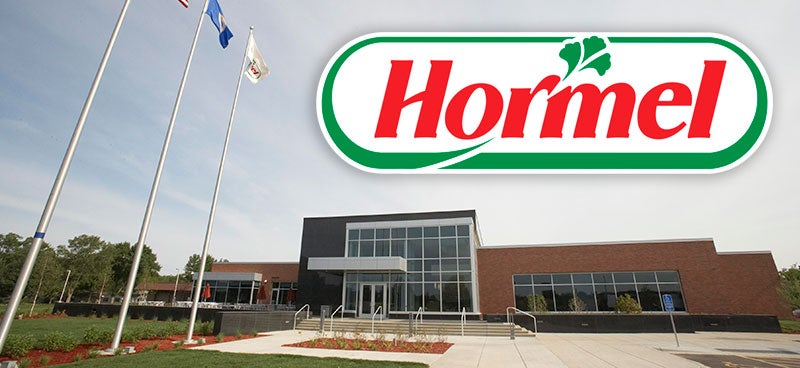Schools double up on motivation – Artist and author Haley Moss: OK to be different
Published 7:52 am Wednesday, October 18, 2017

- Haley Moss addressed Ellis Middle School students about autism awareness Tuesday afternoon in the Ellis auditorium.
Artist and author Haley Moss will be the first to tell you that her eighth grade year wasn’t exactly fun.
“I went to three schools in three years,” she told an audience at Ellis Middle School on Tuesday. “I don’t think I made one friend in that year.”
But that year also spurred her first attempts at writing which years later would eventually contribute to her book “Middle School: the Stuff No One Tells You About.”
Today, Moss is a law student at the University of Miami and celebrated for her writing, her art — and her advocacy for people with disabilities, including autism.
She spoke to both Ellis and I. J. Holton Intermediate School students Tuesday. Her presentation was part of the kick-off for the Peer Power Partners programming year. The PPP mentoring program pairs students with disabilities with same-age students to promote understanding, friendship and advocacy.
Moss was diagnosed with autism when she was 3 years old and knows the challenges of having a disability — defined as neurological or developmental condition that limits normal activities, she said. Twenty percent of Americans, she added, have some type of disability that could range from visual and learning disabilities, to hearing challenges and, of course, autism.
Autism affects the way a brain functions, she said. Her thought patterns don’t necessarily follow an orderly pattern, she said, “it’s not A-B-C; it might start with Q,” she said.
“You know that kid in Walmart who is screaming and carrying on, the one you want to say, ‘Will you just shut up?’ Well, I was that kid,” she’s said, adding you don’t always know a family’s challenge, or how autism can make someone particularly sensitive to sensory overload — such as a lot of color, noises, or even “lights that hum,” she said.
It doesn’t mean that person is bad, just different, she said, not unlike “a Mac or a PC (computer),” she said. “I like my Mac for doing creative things, but I think the PC is better for my work stuff,” she said. “It’s not that one is better than the other; they’re just different.”
She worked to also dispel myths about autism — such as autism is contagious, or that it comes from a result of bad parenting.
It’s also not an excuse for bad behavior, a reason to exclude others, “or a reason to pity me,” she said.
Moss said disabilities are natural, that brain differences should be celebrated, and that a disability “is just one of the different identities that I have.”
Accommodating a disability, she said, is about providing equitable treatment — accommodations that are unique to each individual, she said.
She asked students to ask questions of someone who is disabled, if they are unsure how to interact with that person. Communicating clearly, speaking up when you see an injustice involving a disabled person, and being kind, all go a long way in accepting a disabled person as someone unique and not someone to fear.
“Every action you take can make a difference in someone’s life,” Moss said.





